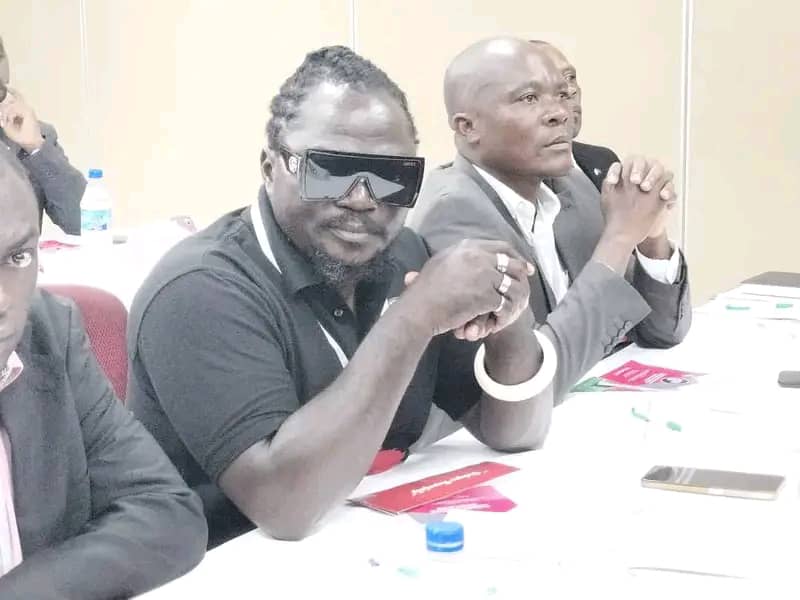In a heart-wrenching and deeply emotional post shared on Pemphero Mphande’s page on Sunday, 22 September 2024, a 35-year-old businesswoman from Blantyre anonymously revealed the dark secrets that led her to the brink of despair. The woman, whose identity remains undisclosed for the sake of her family, confessed to engaging in ritualistic practices to boost her minced meat business, a decision she now regrets as she faces severe health complications that she believes are linked to her actions.
The anonymous post was filled with anguish and remorse as the woman shared her story. She revealed that she had been a successful businesswoman, starting her minced meat business in 2015, which allowed her to support her family. However, in 2019, she met a fellow businesswoman who introduced her to a ritualist in Mozambique, promising that he could help her business grow exponentially.
The turning point in her life came on 25 December 2019, when she traveled to Mozambique to meet the ritualist. According to her confession, the ritualist gave her strict instructions to follow in exchange for wealth. One of these disturbing instructions involved using her menstrual blood in the minced meat she sold, believing that it would create a special charm to attract customers and enhance the taste of the meat.
“For four years, I kept a special place where I stored used menstrual pads, waiting to mix them with the minced meat whenever I was making it,” she wrote. Additionally, she was required to visit the ritualist every three months with one of the used pads for further rituals, a commitment she kept for two years.
Her business thrived beyond her wildest dreams. She expanded her operations, accumulating wealth through properties and plots in Blantyre and Lilongwe. She began supplying minced meat to large companies not only in Malawi but also in Zambia. Her wealth multiplied, and her influence grew, all while hiding the gruesome truth of her success.
Despite the material success, the woman’s past caught up with her in 2023 when she began to experience continuous bleeding. This relentless condition, which doctors have been unable to diagnose or cure, has left her physically weakened and bedridden. Her trips to hospitals and pleas for prayers have yielded no relief, and she believes the condition is a result of her failure to continue the ritual practices after the ritualist was imprisoned for assault in early 2024.
“I am on my dying bed,” she wrote, describing herself as frail and emaciated, almost like a child. Despite owning multiple properties that continue to generate income, she feels her health has deteriorated beyond recovery.
In her post, the woman expressed deep remorse for the path she chose, acknowledging the harm she caused by feeding people meat mixed with her own blood. She begged for forgiveness from both God and the people she had wronged, asking for prayers as she faces what she believes is her imminent death.
“I am not afraid to die,” she admitted, explaining that her final wish is to have her story shared so that others can learn from her tragic mistake. Her post was met with an outpouring of sympathy, shock, and calls for prayer from those who read her confession.
The woman’s confession has sparked intense discussion about the dangers of ritualistic practices in the pursuit of wealth and success. It serves as a sobering reminder of the moral and spiritual costs that can come with decisions made in desperation. Her story is a stark warning against quick fixes and unethical shortcuts in business and life, urging others to rely on honest work and faith rather than dark practices.
As her story spreads across social media, it calls for reflection on the value of integrity and the importance of forgiveness. While the woman seeks peace in her final moments, her message is clear: no amount of wealth is worth the loss of one’s soul or health.
As Pemphero Mphande’s popular Mystical Sunday series continues to highlight extraordinary and often painful stories like this, the woman’s post serves as a sobering and heartbreaking reminder of the hidden consequences of choices made in the shadows.
For those who may feel lost or tempted by the allure of quick riches, this confession is a reminder to choose paths grounded in ethical practices and faith, trusting that honest success is the only true and lasting success





